Sugar is unhealthy and makes you fat - we all know that today. We don't need it to live and yet every German consumes around 33.8 kilos (2019/2020) of household sugar per year, which is around 93 grams per day. The DGE recommends an upper limit of 50 grams of free sugar per day. So on average, we consume almost twice the amount of sugar that we should actually consume as a maximum.
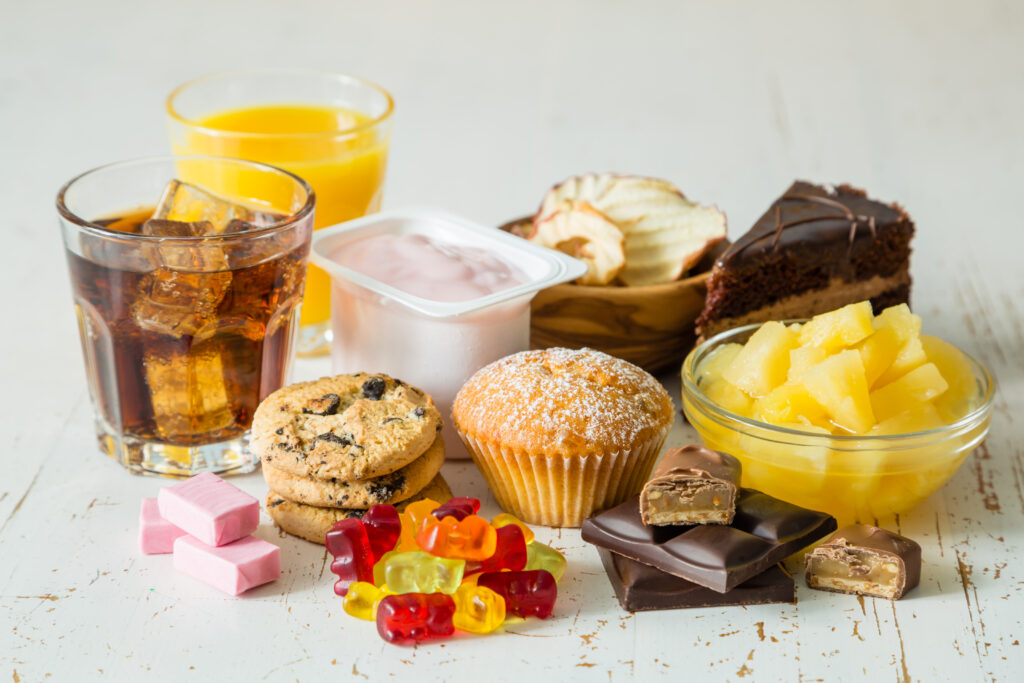
One reason for this could be that sugar is contained in many ready-made products, even in supposedly hearty or "healthy" meals. At first glance, this is often not obvious - because sugar has different names and hides behind designations such as:
- Sucrose
- Dextrose
- Raffinose
- Glucose
- Fructose syrup or fructose-glucose syrup
- Glucose syrup, glucose-fructose syrup or starch syrup
- Caramel syrup
- Lactose
- Maltose or malt extract / barley malt extract
What is sugar anyway and what types are there?
As the different sugar names suggest, there are different types of sugar. When we talk about normal household sugar, we usually mean sucrose. It is extracted from sugar beet and sugar cane and, depending on the purity and degree of processing, it becomes white sugar, refined sugar, brown sugar or raw sugar.
Raw sugar is mainly made from sugar cane and has a brownish colour. This is because the syrup, also called molasses, is not removed from raw sugar. It is therefore the more natural product and contains more minerals and vitamins, but the amounts are so small that they are not crucial from a health point of view.
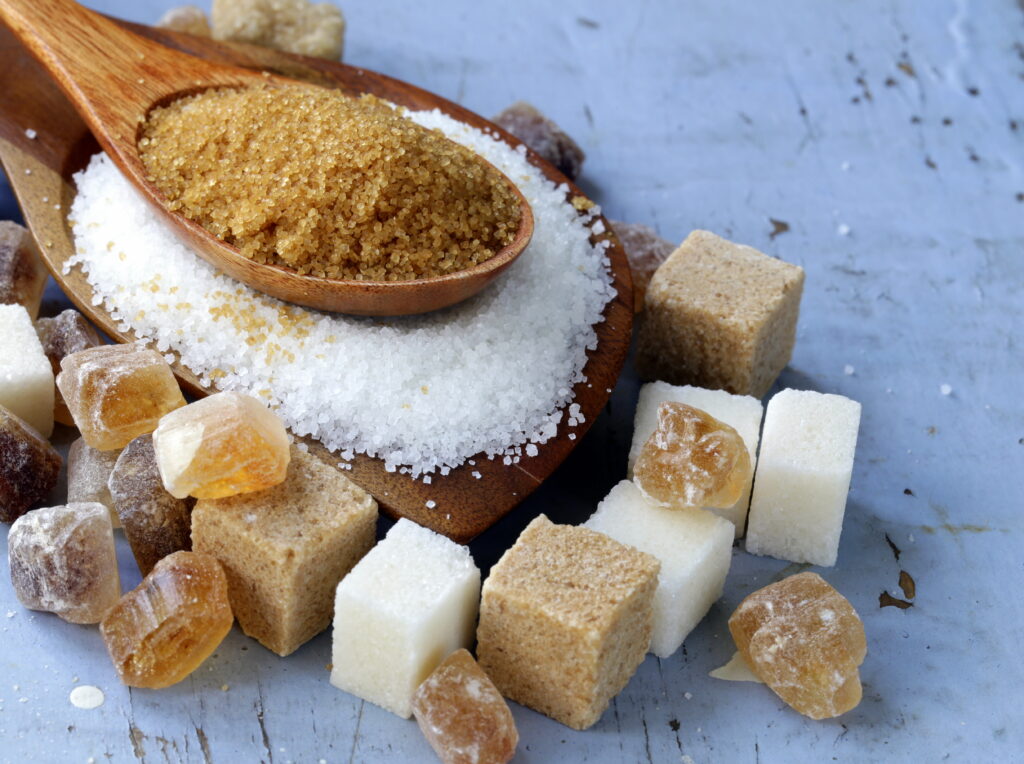
This is in contrast to refined sugar. It is purified several times and the molasses is removed so that it is completely white. Sucrose consists of glucose (grape sugar) and fructose (fruit sugar).
Dextrose enters the blood, is absorbed by the cells through the hormone insulin and gives us energy quickly. Excess energy is stored as fat. With excessive consumption, the blood sugar level and the insulin secretion constantly rise, this can lead to insulin resistance and type 2 diabetes develops.
So it's better to eat fructose?
As the reputation of conventional sugar continues to deteriorate, many food manufacturers are turning to fructose to sweeten their products. Moreover, pure fructose has twice the sweetening power of pure glucose and is cheaper to produce. And it is healthier, too, because fructose occurs naturally in fruits and vegetables. Sounds like a win-win situation, doesn't it?
Here, too, the rule is: the less fructose, the better. It has less influence on the blood sugar level because it is metabolised by the liver. But if more fructose is eaten than the liver can process, it turns it into fat, which promotes inflammation and organs can become fatty.
So should we now give up fruit too?
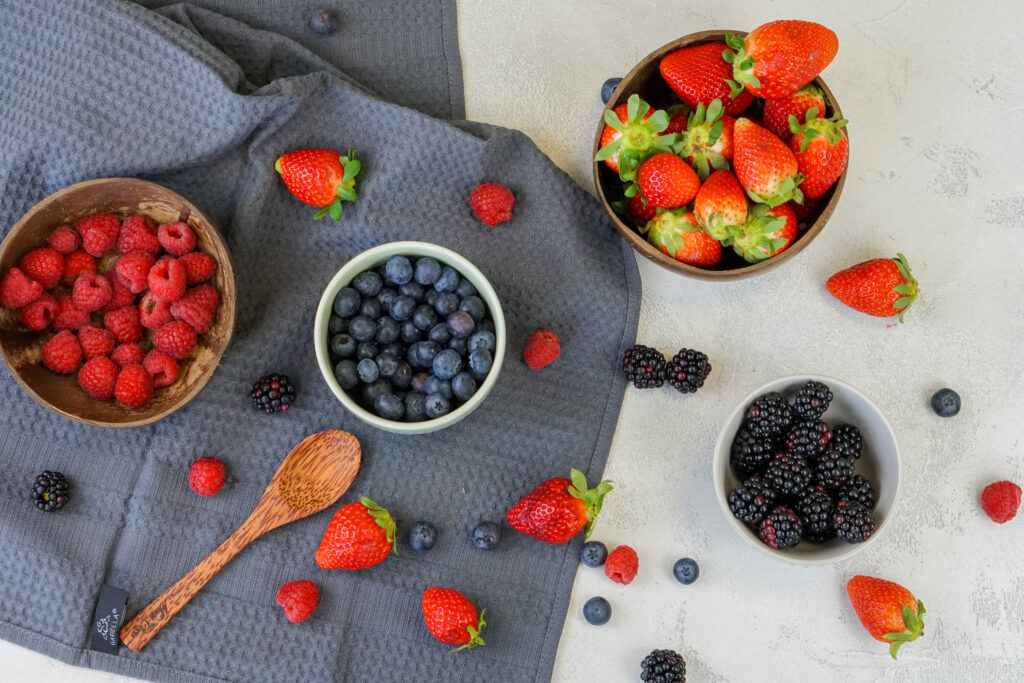
No - because fruit also provides us with important vitamins, minerals, secondary plant compounds and fibre. The form in which we consume fructose is decisive. Let's take fruit juice as an example: here the fructose content is significantly higher than in the unprocessed fruit, because all the dietary fibres are missing in the juice. In general, it can be said that unprocessed and natural foods are preferable to industrially produced foods.
That's why we have so much sugar cravings in the first place
Although we know that sugar is not good for us, we reach for sweets far too often. There is a good reason for this: researchers in Heidelberg have discovered that sugar activates our reward system. The brain reacts by releasing dopamine, one of our happiness hormones. Thus, it stimulates the same regions as alcohol and nicotine and a kind of addiction can result: In an animal experiment, high sugar consumption partly led to changes in synapses in the brain, i.e. the brain is "programmed" to consume sugar and can thus also trigger permanent cravings for it. Whether these changes can also be transferred to the human brain has not yet been clarified, but is conceivable for the researchers.
A diet completely free of sugar?
That also seems unrealistic, and every now and then our craving for sweets has to be satisfied. Basically, pure sugar goes straight into the blood and causes the insulin level to shoot up. In combination with fibre, the blood sugar level rises more slowly. So reducing sugar definitely makes sense.
With a few simple tricks, it's not that difficult:
If you have a craving for sweets, why not try Dried fruit instead of normal sweets.
Try our apricot and almond bars - they contain no industrial sugar and still satisfy your sweet tooth.
For example, replace your fruit juice or lemonade with Herbal or fruit teas or simply Water. There is so much unnecessary sweetness hidden in drinks in particular, which provides us with nothing in the way of other important nutrients apart from the taste.
Better to make it yourself than to buy itBaked goods often contain a lot of sugar. If you bake your own, you can use more natural sweeteners such as banana or sugar. Date sugar. Since it consists only of the finely ground date, it also has a lot of dietary fibre in addition to fructose.
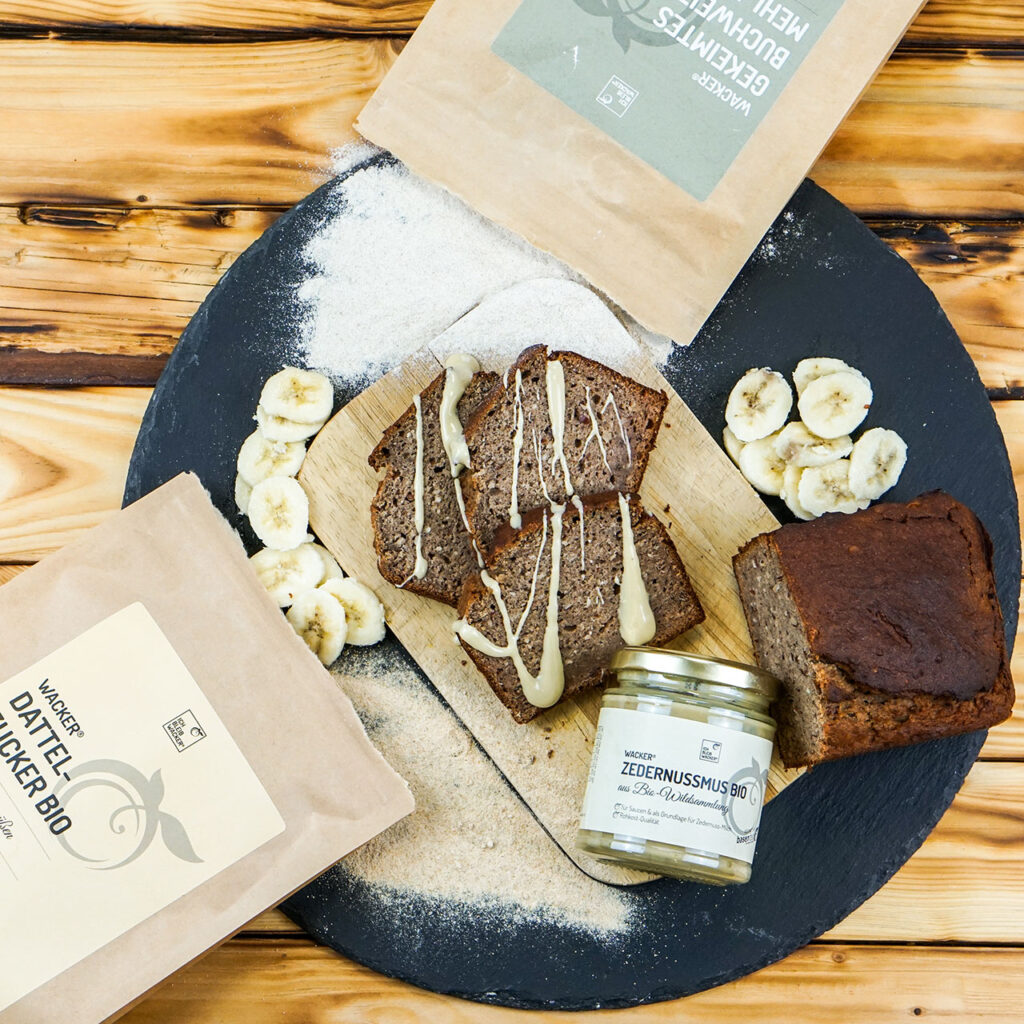
Try our sugar alternatives now!
You don't always have the time to make everything yourself. If you resort to ready-made products, take a look at the Zlist of ingredients. Are some of the complicated terms from the beginning of this post hidden here? Manufacturers are not obliged to indicate the amount of each type of sugar used, but you can use the order in the list of ingredients as a guide. The further forward a food is listed, the greater the proportion in the finished product. The nutritional value table also provides information about the sugar content. However, caution is advised here: The listed sugar content does not distinguish between artificially added sugar and sugar that is naturally contained in products.
If you want to enjoy ready-made products without a guilty conscience, with healthy ingredients and without added artificial sugar, then we have a wide selection of delicious Soups for you. Enjoy it 🙂
Order our tasting pack of Wacker soups now
Photo Sugary foods: Adobe Stock, © anaumenko, #109196840
Photo sugar varieties: Adobe Stock, © dream79, #53824994
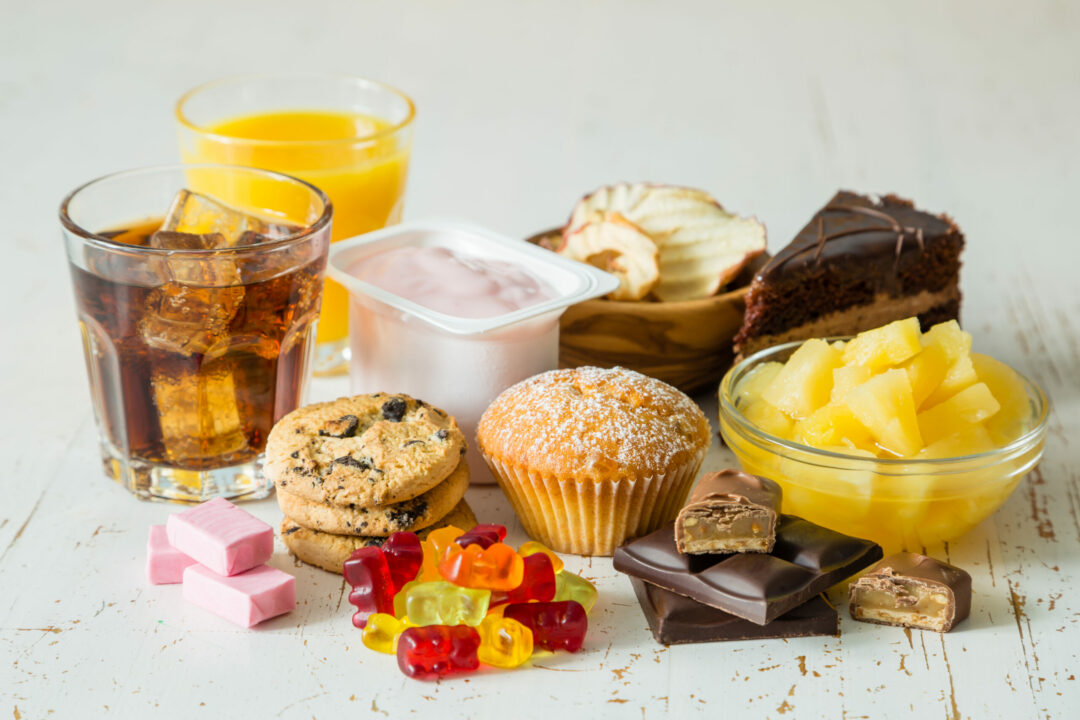
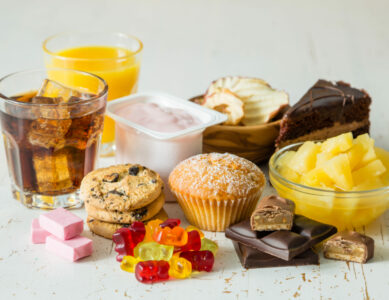
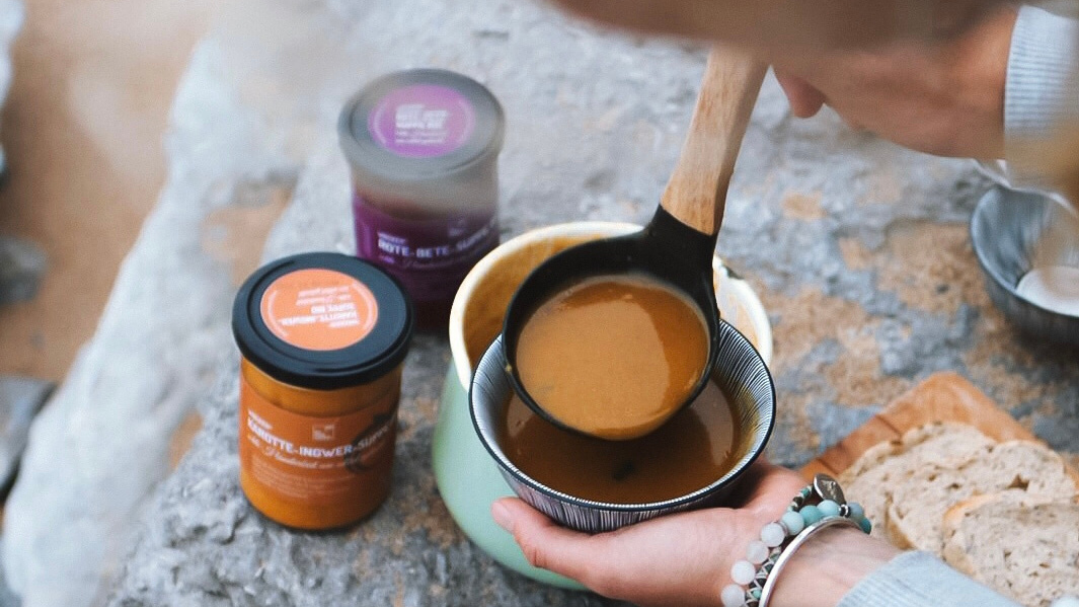
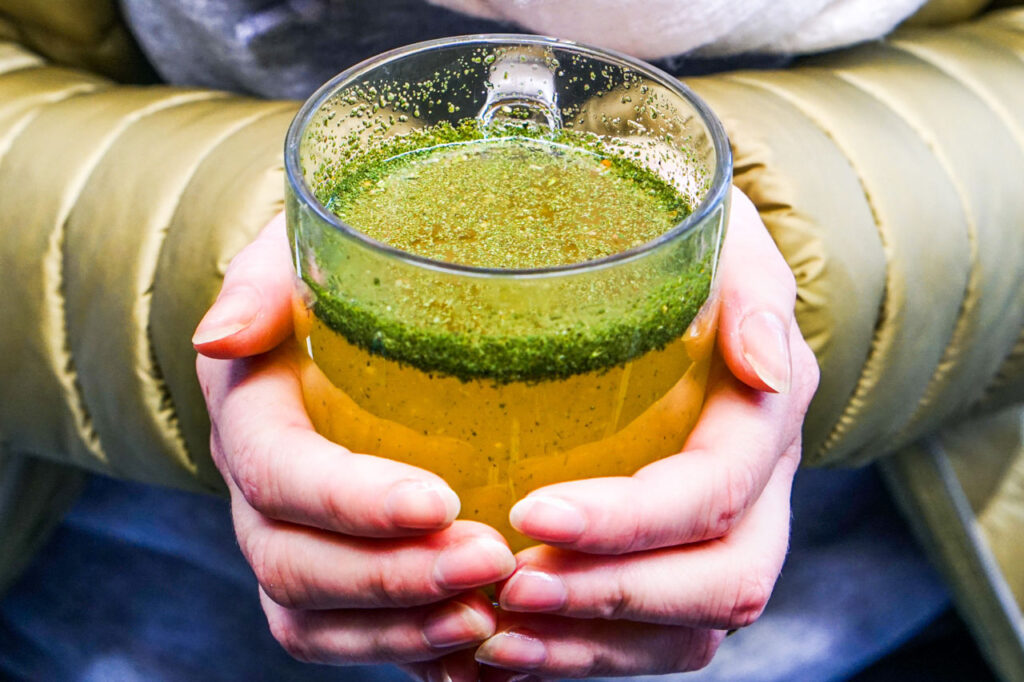
Pingback: Christmas time is biscuit time - Healthy alternatives for your recipes - Wacker Stories
Pingback: Small change, big effect: 5 simple tips for a healthy diet - Wacker Stories
Pingback: Low-sugar diet - Avoid these hidden sugar bombs - Wacker Stories